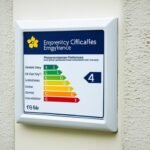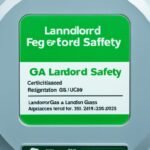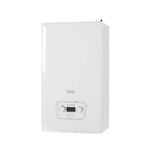As a landlord in the UK, improving the energy efficiency of your rental properties is not only good for the environment, but it can also attract eco-conscious tenants and save you money in the long run. Additionally, as of April 2020, all rental properties in England and Wales must have an Energy Performance Certificate (EPC) rating of E or above to be legally rented out, making energy efficiency upgrades even more crucial. Here are the top 10 tips to make your rental properties more energy efficient:
1. Upgrade to Energy Efficient Appliances
One of the easiest ways to improve energy efficiency is to replace old, inefficient appliances with newer, more efficient models. Look for appliances with high energy ratings, such as:
- Energy Star certified refrigerators
- A+++ rated washing machines
- Induction cooktops
Not only will these appliances use less energy, but they can also be a selling point for potential tenants who prioritize eco-friendliness.
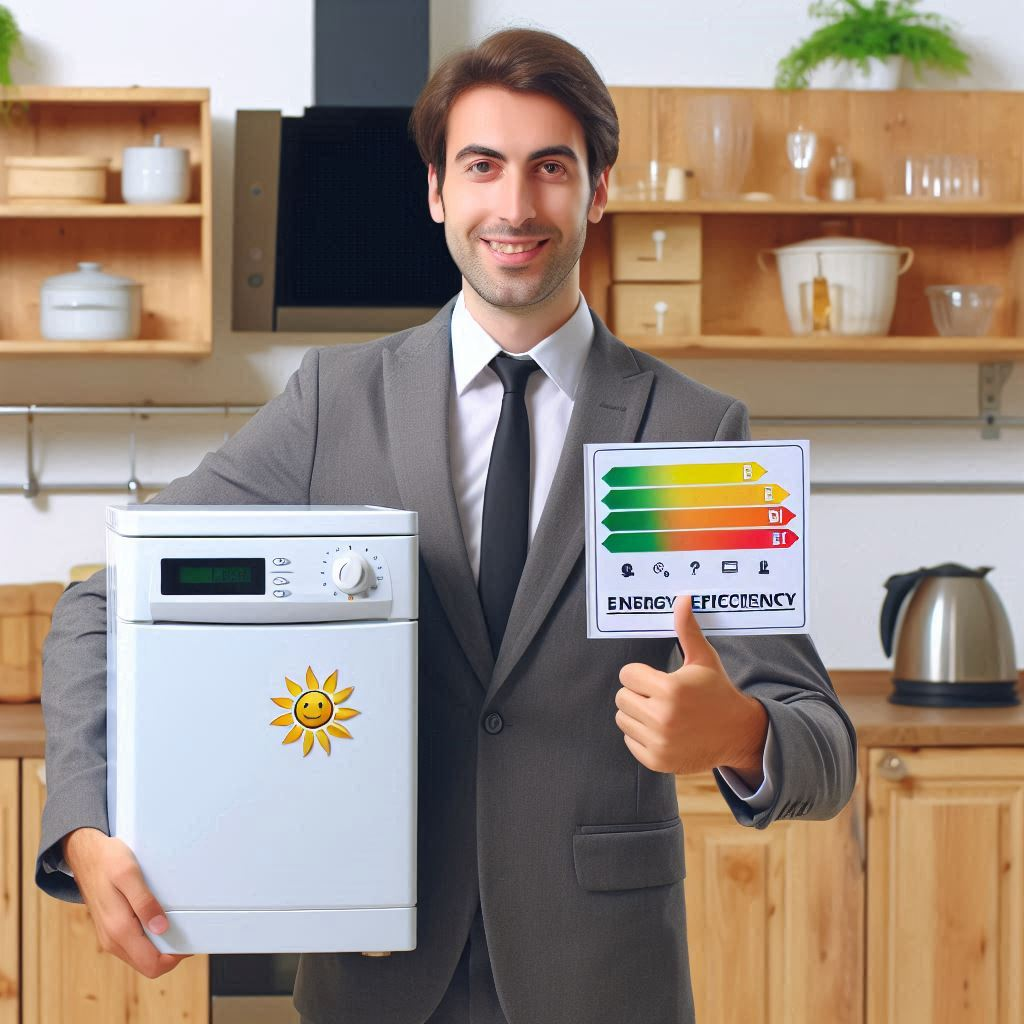
2. Install Smart Thermostats
Smart thermostats, like the Nest Learning Thermostat or Hive Active Heating, can automatically adjust the temperature based on occupancy and learn your tenants’ preferences over time. This can lead to significant energy savings without sacrificing comfort.
Some key features of smart thermostats include:
- Remote control via smartphone app
- Geofencing technology to detect when tenants are away
- Integration with other smart home devices
3. Upgrade to LED Lighting
LED light bulbs use up to 90% less energy than traditional incandescent bulbs and can last up to 25 times longer. By switching to LED lighting throughout your rental property, you can significantly reduce energy consumption and costs.
Some popular LED lighting options include:
- Philips LED bulbs
- Cree LED bulbs
- LIFX Smart LED bulbs
4. Improve Insulation
Proper insulation is crucial for maintaining a comfortable temperature and reducing energy waste. Focus on insulating the following areas:
- Attic and roof
- Walls
- Floors
- Windows and doors
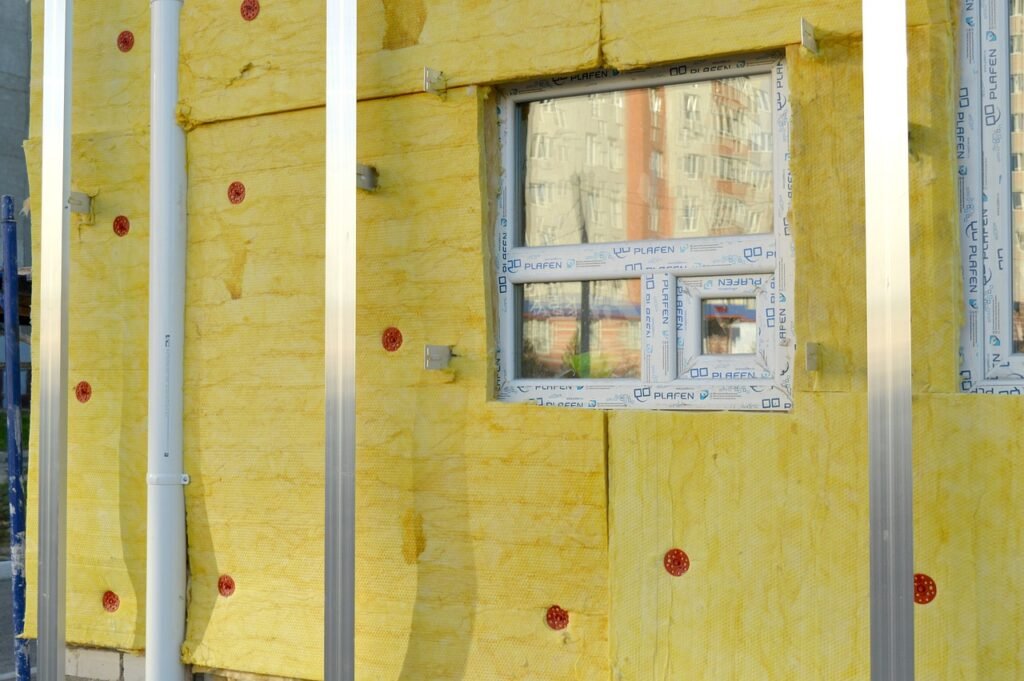
5. Invest in Double or Triple Glazed Windows
Upgrading to double or triple glazed windows can significantly reduce heat loss and improve energy efficiency. While the initial investment may be higher, the long-term energy savings and increased property value can make it worthwhile.
Some benefits of double and triple glazed windows include:
- Improved thermal insulation
- Reduced condensation
- Enhanced soundproofing

6. Install Low-Flow Fixtures
Low-flow fixtures, such as showerheads, faucets, and toilets, can help reduce water consumption without sacrificing functionality. This not only saves water but also reduces the energy needed to heat the water.
Some popular low-flow fixtures include:
- Niagara Stealth toilet
- Delta WaterSense labeled showerheads
- Kohler low-flow kitchen faucets
7. Utilize Energy Efficient Window Treatments
Energy efficient window treatments, such as insulated curtains, blinds, or shades, can help regulate temperature and reduce energy loss through windows. Some options to consider include:
- Cellular shades
- Thermal curtains
- Plantation shutters
8. Install Energy Efficient Boilers
Upgrading to an energy efficient boiler can significantly reduce energy consumption and costs. Look for boilers with high energy ratings, such as:
Consider the size of your property and the number of tenants when choosing a boiler to ensure optimal efficiency.
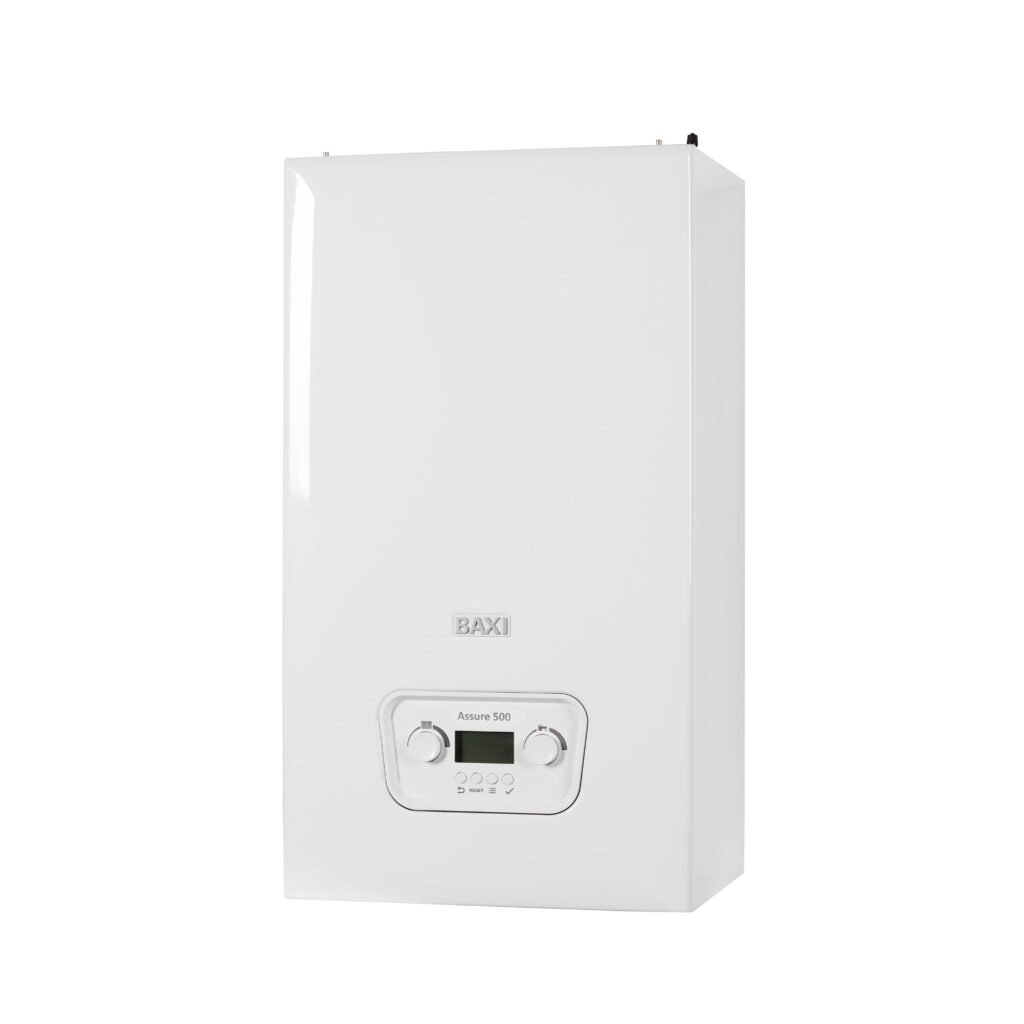
9. Educate Tenants on Energy Saving Practices
Encouraging tenants to adopt energy saving habits can make a significant impact on overall energy consumption. Provide tenants with information on:
- Proper thermostat settings
- Turning off lights and appliances when not in use
- Using cold water for laundry when possible
- Reporting any issues promptly
Consider creating a tenant handbook or welcome packet that includes energy saving tips and resources.
10. Consider Renewable Energy Options
Investing in renewable energy options, such as solar panels or heat pumps, can not only reduce energy costs but also appeal to eco-conscious tenants. While the initial investment may be higher, there are often government incentives and long-term savings that make these options attractive.
Some renewable energy options for landlords include:
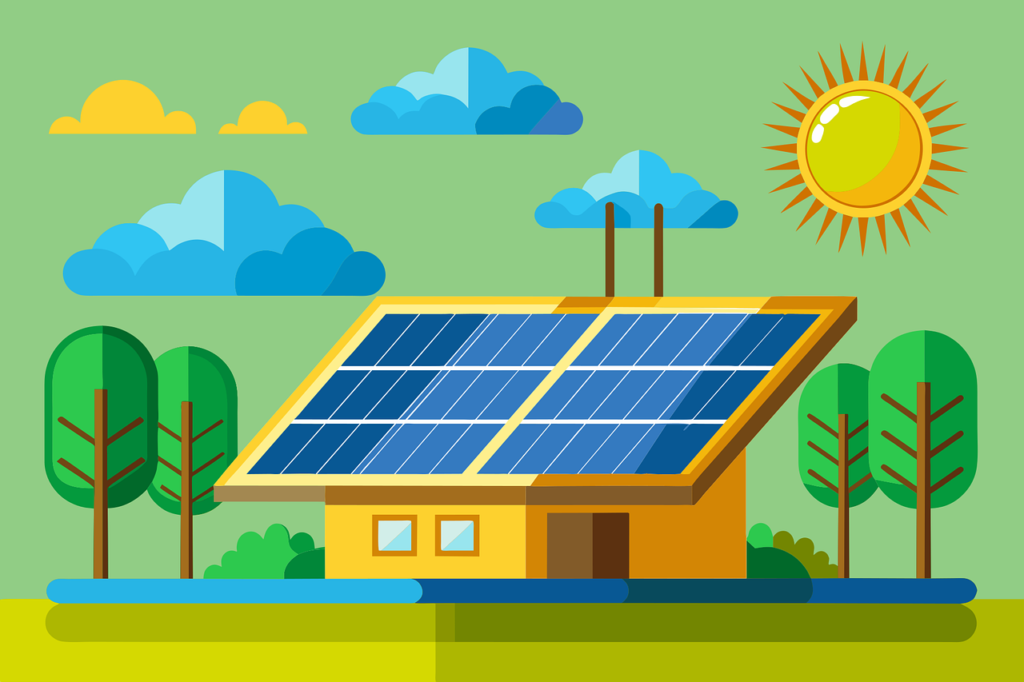
Key Takeaways
- Upgrade to energy efficient appliances, LED lighting, and low-flow fixtures
- Improve insulation and invest in double or triple glazed windows
- Utilize smart thermostats and energy efficient window treatments
- Install energy efficient boilers and educate tenants on energy saving practicesConsider renewable energy options like solar panels or heat pumps
- Ensure your rental property meets the minimum EPC rating of E to comply with regulations
By implementing these top 10 energy efficiency tips, UK landlords can not only reduce their environmental impact but also attract quality tenants and save money on energy costs in the long run while complying with EPC requirements.
Frequently Asked Questions
- What are the most cost-effective energy efficiency upgrades for rental properties? Some of the most cost-effective energy efficiency upgrades for rental properties include:
- Installing LED light bulbs
- Upgrading to low-flow fixtures
- Improving insulation
- Installing smart thermostats These upgrades often have a relatively low upfront cost and can lead to significant energy savings over time.
- Are there any government incentives for landlords who make energy efficiency improvements? Yes, there are several government incentives available for UK landlords who make energy efficiency improvements:
- Green Homes Grant
- Renewable Heat Incentive (RHI)
- Energy Company Obligation (ECO) These incentives can help offset the initial costs of energy efficiency upgrades and make them more accessible for landlords.
- How can I encourage tenants to adopt energy saving habits without being overbearing? To encourage tenants to adopt energy saving habits, try the following:
- Provide a tenant handbook or welcome packet with energy saving tips and resources
- Include energy saving expectations in the lease agreement
- Offer incentives for tenants who consistently practice energy saving habits
- Lead by example and make energy efficiency a priority in common areas and during maintenance Remember to communicate the benefits of energy saving, such as lower utility bills and a reduced environmental impact, to help motivate tenants.
- What are the best renewable energy options for rental properties in the UK? The best renewable energy options for UK rental properties depend on factors such as property size, location, and budget. Some popular options include:
- Solar PV panels
- Ground source heat pumps
- Air source heat pumps
- Biomass boilers Consider consulting with a renewable energy specialist to determine the most suitable option for your specific property.
- How do I choose the right size boiler for my rental property to ensure optimal efficiency? To choose the right size boiler for your rental property, consider the following factors:
- Number of bedrooms and bathrooms
- Number of tenants
- Property size and layout
- Hot water demand A qualified heating engineer can help you assess your property’s specific needs and recommend the most appropriate boiler size for optimal efficiency. They will take into account factors such as the number of radiators, the size of the property, and the hot water demand to ensure the boiler is neither undersized nor oversized.

